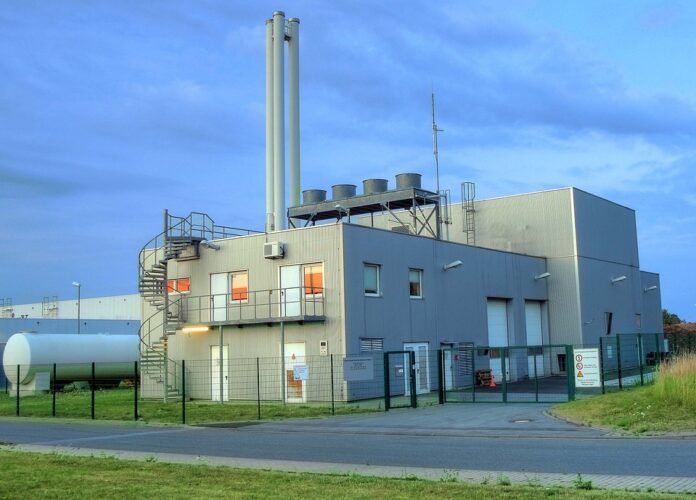Organic farming is an eco-friendly and sustainable approach to agriculture that has gained popularity in recent years due to its numerous environmental benefits. By avoiding the use of synthetic fertilizers, pesticides, and genetically modified organisms, organic farming helps to protect and preserve the environment in several key ways.
### Reducing Water Pollution
One of the primary advantages of organic farming is its ability to reduce water pollution. Synthetic pesticides and fertilizers commonly used in conventional farming practices can leach into the soil and groundwater, contaminating nearby water sources. Organic farming, on the other hand, relies on natural methods like crop rotation, composting, and biological pest control to nourish and protect crops. This not only helps to prevent harmful chemicals from entering water systems but also promotes healthier soil and ecosystems.
### Conservation of Soil Health
Another significant benefit of organic farming is its focus on maintaining soil health. Conventional agricultural practices often deplete the nutrients in the soil, leading to erosion and degradation over time. In contrast, organic farming methods such as cover cropping, mulching, and crop rotation help to build and sustain soil fertility. Healthy soil is better able to retain water, resist erosion, and support diverse microbial life, leading to increased crop yields and long-term agricultural sustainability.
### Biodiversity Preservation
Organic farming also plays a vital role in preserving biodiversity. By avoiding the use of synthetic chemicals and promoting natural ecosystem services, organic farms provide a habitat for a wide range of plant and animal species. This diversity helps to support pollinators like bees and butterflies, as well as beneficial predators that control pests naturally. By fostering a healthy and balanced ecosystem, organic farming contributes to overall biodiversity conservation and helps to protect endangered species and fragile habitats.
### Mitigating Climate Change
Organic farming has the potential to mitigate climate change by reducing greenhouse gas emissions and sequestering carbon in the soil. Synthetic fertilizers and pesticides used in conventional agriculture are energy-intensive to produce and apply, contributing to carbon emissions and climate change. Organic farming practices, such as composting, cover cropping, and agroforestry, help to build soil organic matter and sequester carbon dioxide from the atmosphere. This not only helps to reduce the carbon footprint of agriculture but also promotes soil health and resilience in the face of changing climate conditions.
### Protecting Water Resources
In addition to reducing water pollution, organic farming helps to protect water resources by promoting efficient water use and conservation. Organic farmers often implement water-saving techniques like drip irrigation, rainwater harvesting, and soil moisture monitoring to optimize water usage and minimize runoff. By safeguarding water quality and quantity, organic farming contributes to sustainable water management and helps to ensure a reliable water supply for future generations.
### Conclusion
In conclusion, organic farming offers a range of environmental benefits that support a healthier planet and a more sustainable food system. By reducing water pollution, conserving soil health, preserving biodiversity, mitigating climate change, and protecting water resources, organic farming helps to promote a harmonious relationship between agriculture and the environment. As consumers become more aware of the impacts of their food choices, supporting organic agriculture can make a positive difference in environmental conservation and sustainability efforts.
### Frequently Asked Questions
1. How does organic farming help to reduce water pollution?
– Organic farming avoids synthetic pesticides and fertilizers that can leach into water sources, protecting water quality and ecosystems.
2. What practices are used in organic farming to promote soil health?
– Organic farming methods such as cover cropping, composting, and crop rotation help to build soil fertility and prevent erosion.
3. How does organic farming contribute to biodiversity conservation?
– By avoiding synthetic chemicals and promoting natural ecosystem services, organic farms provide a habitat for diverse plant and animal species, supporting overall biodiversity.

